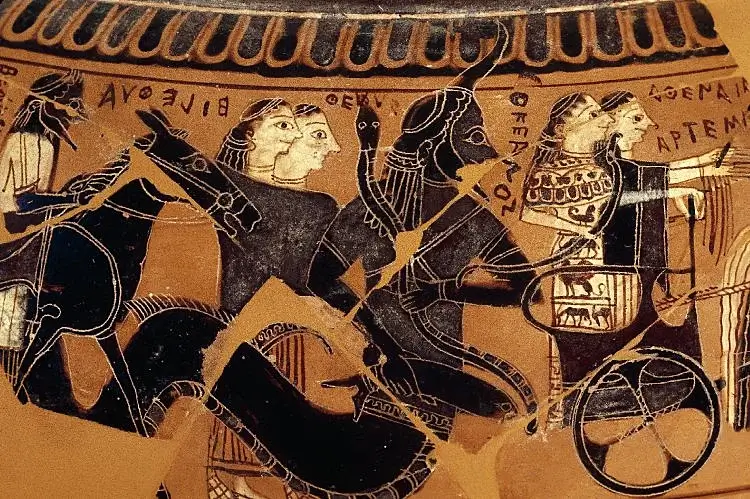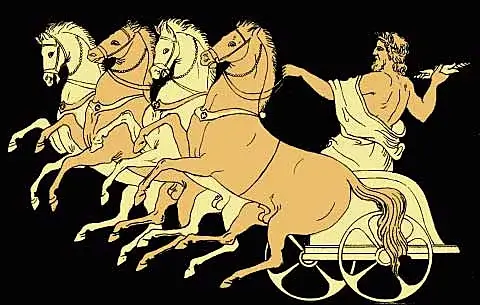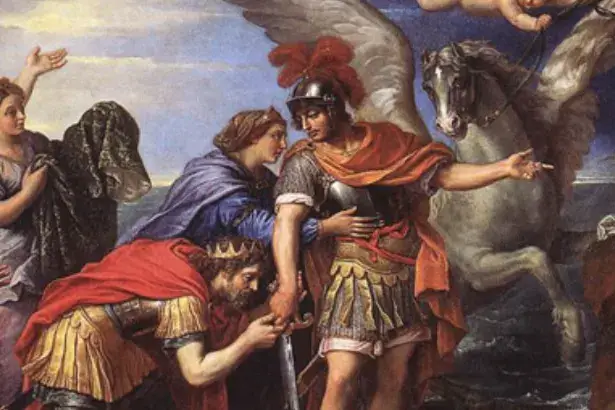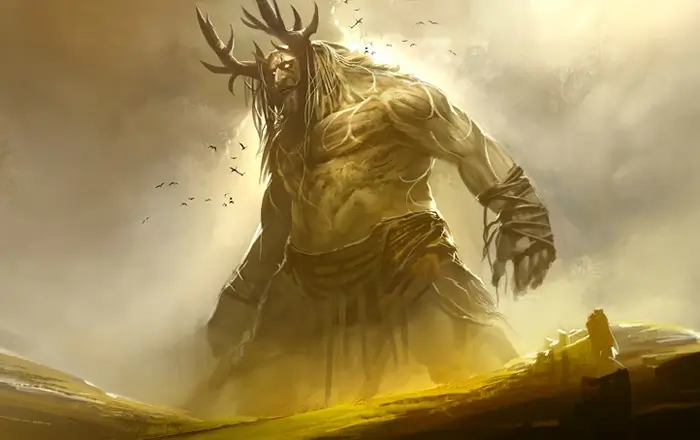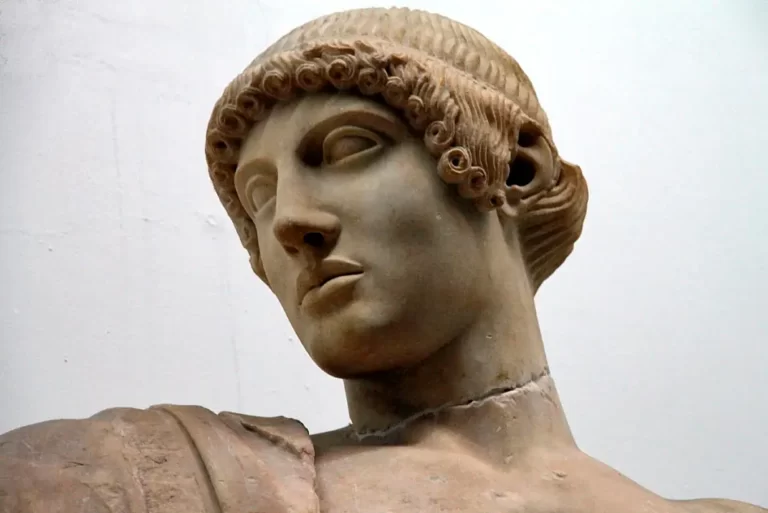The Origins of the Matchmaker in Greek Mythology
The matchmaker in Greek mythology is a being who helps people find their perfect match. They are often seen as a god or goddess, and they use their powers to help people find love. Sometimes they are also seen as a trickster, and they may use their powers to help people find love in unexpected ways.
The Role of the Matchmaker
The matchmaker is an important figure in many cultures, especially in Greece. In Greek mythology, the matchmaker was often a god or goddess who helped people find their perfect match. Today, the term “matchmaker” is used to describe someone who helps people find a partner, usually for a romantic relationship. Matchmakers can be found in many different places, from online dating websites to traditional matchmaking services. Many people use matchmakers to help them find a partner because they don’t have the time or energy to do the searching themselves.
The Origins of the Matchmaker in Greek Mythology
The origins of the matchmaker in Greek mythology can be traced back to the story of Prometheus. In the story, Prometheus was tasked with creating humans. He did so by using clay and water. Once he had created humans, he then gave them the gift of fire. This angered Zeus, who then decided to punish Prometheus by having him chained to a rock. While Prometheus was chained to the rock, Zeus had an eagle come and eat his liver. Every day, his liver would grow back and the eagle would eat it again.
One day, Zeus decided to take pity on Prometheus and released him from his chains. As a way of making up for what he had done, Prometheus gave humans the gift of fire once again. He also decided to help humans find their perfect match by acting as a matchmaker.
Another story of Prometheus is that he was once a very handsome and wise man. He had been known for being very brave and strong. Though, no one knew that he was actually a god in disguise. Zeus became upset with the fact that Prometheus was so admired by men. Zeus decided to punish Prometheus by sending the other Olympian gods to punish him. Zeus sent a giant eagle to torture Prometheus for all of eternity. The eagle would eat his liver every day and then it would grow back only to be eaten again the next day. The liver of Prometheus is sometimes known as the heart. It was believed that this myth could be about the change in seasons. During summer, the eagle would not eat Prometheus’s liver because there were no leaves on the trees.
The First Matchmaker: Aphrodite
Aphrodite was the first matchmaker in Greek mythology. She was the goddess of love and beauty, and her job was to help people find true love. Aphrodite didn’t always have the best luck with her own love life, but she always tried to help others find happiness.
Aphrodite was sometimes known as the “blind cupid” because she often made bad matches. But she always meant well, and her heart was in the right place. Even though she didn’t always make the best choices, Aphrodite helped many people find true love.
The Second Matchmaker: Zeus
The matchmaker is a common figure in many cultures, but he or she is particularly prominent in Greek mythology. The matchmaker was responsible for finding suitable partners for both men and women and was often consulted before a wedding took place. There are several stories about the origins of the matchmaker, but the most popular one involves Zeus, the king of the gods.
Zeus fell in love with a mortal woman named Io and decided to make her his queen. However, his wife Hera was not pleased with this arrangement and turned Io into a cow.
The Third Matchmaker: Hermes
Hermes was the third matchmaker in Greek mythology. He was the son of Zeus and Maia and was born in a cave on Mount Cyllene. Hermes was the messenger of the gods and goddesses and was also the god of thieves and commerce. He is often depicted as a young man with wings on his feet.
Hermes played an important role in several myths, including that of Orpheus and Eurydice. In this myth, Orpheus journeyed to the underworld to try to rescue his wife Eurydice from Hades. Hermes assisted Orpheus by leading him safely out of the underworld.
Hermes was also known for his gift of eloquence, which he used to help resolve disputes between humans and between gods.
The fourth matchmaker: Pandora
In Greek mythology, Pandora was the fourth and final matchmaker. She was sent by Zeus to marry Prometheus, but she fell in love with him instead. When Prometheus was chained to a rock for stealing fire from the gods, Pandora visited him every day, bringing food and water.
One day, she brought a jar with her. Prometheus warned her not to open it, but Pandora was curious and opened it anyway. Out of the jar flew all sorts of evils: disease, hunger, war, etc. The only thing left in the jar was hope.
Because of her curiosity, Pandora is often blamed for all the ills of humanity. But some say that she also gave us hope, which is why she is sometimes called “the goddess of hope.
Conclusion: The Legacy of the Matchmaker in Greek mythology
The top, or matchmaker, is a figure found in Greek mythology who helps to pair couples together. The origins of the matchmaker are unclear, but they are thought to date back to the time of Ancient Greece. The matchmaker was often seen as a positive figure who helped to bring people together. However, they also had a dark side and were sometimes blamed for causing problems between couples.
